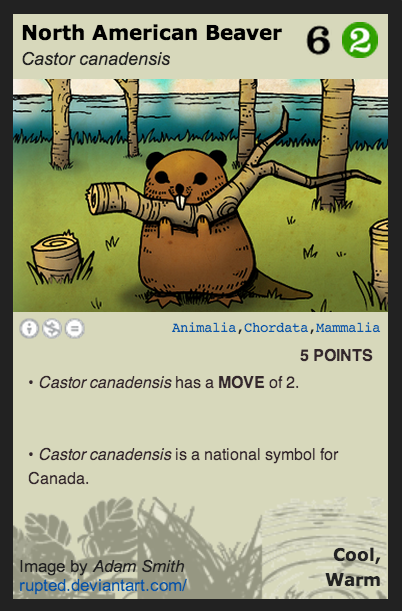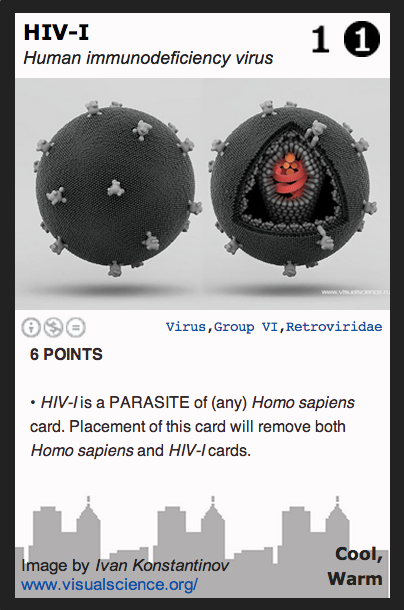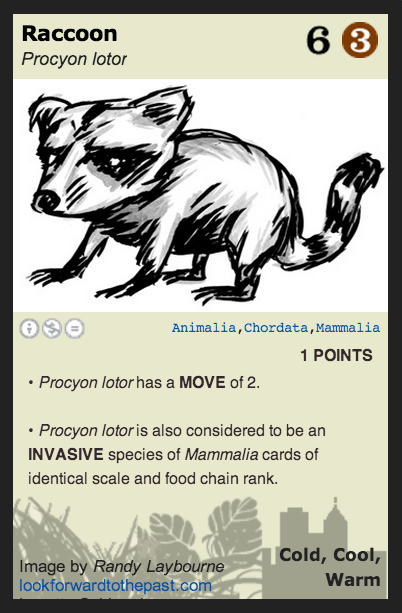Leads: David Ng (host)
Collaborators: Rob Peregoodoff (Sauder), WWEST NSERC, Genetics Society of America.
Time: 9am to 4:00pm
Teacher grade level: any (including university)
Running Late or Lost? Please call Dave at 604-728-8256
Meeting Spot: Learning Services,
Sauder School of Business, David Lam Management Research Services DL009 (directions)
Cost: Free (lunch and coffee included)
What subject area you will work on is entirely open (this includes social studies type topics as they pertain to science and society or the environment). Note that we are also actively seeking teachers who are interested in women in STEM issues. And note that the lab is open to hosting additional stand alone hackathons if you feel that your school/department is interested in this PD opportunity.
Oh yeah, there’s also a side perk to this workshop – if you do come out, you’ll be eligible for a $50 mini grant, which you can use to continue crafting your designed game. As well, you’ll receive two complimentary Phylo decks – this one and this one.
So what exactly are “hackathons?”
Well, they are a phenomenon which typically describe an event where a group of experts converge and collaborate intensively. Furthermore, these events are explicitly goal orientated in that there is a “tangible something” to deliver. As well, (and this is where it gets fun) hackathons largely thrive on doing all of this in an insanely short period of time, with lots of juggling of various things, and with full realization that you have to make do with limited or no resources. Culturally, this is more about sweatpants and copious amounts of caffeine, rather than looking important and taking the expert out for dinner. It’s especially common in the technology sectors, notably in the culture of computer programming where the term “hack” originated, but these days hackathons are widely used in a variety of forms and involving a diverse range of different disciplines. If you can hack computer software, games, science, policy and artistry, why not teaching?
What will happen on the day of?
Essentially, we have a schedule framework where the end goal is for teachers to become familiar with hackathon culture and its collaborative nature, its recognition of self expertise, its acceptance of iteration and failure as important elements, and its strong tradition of open access. Furthermore, the hackathon will focus on games – specifically items that provide game-based learning opportunities in the sciences.
More importantly, most of the time will be dedicated to teachers working together and hacking two items of use, which will be presented and commented on.
One (morning) is specifically the creation of a lesson plan that makes use of an existing STEM base game (http://phylogame.org). This would be our lab’s Phylo Project, which allows for DIY production and participation in its trading card game culture. This project is also versatile enough to hit on many possible science topics, although it is particularly well positioned for biological and environmental sciences. Dave will spend a little bit of time (20 minutes tops) going over the project.
The other project (afternoon) will be more open in nature, possibly more ambitious (create a brand new game, design a more involved multi-lesson plan to tackle a particular science unit using games as a means of engagement and deeper learning), but open to further iteration. Note that especially intriguing ideas may court a collaboration from the lab towards a polished end product.
SCHEDULE
(Times are approximate)
8:45 Doors open. We’ll have baked goods, snacks, and coffee, etc ready to go!
9:00 Start time. Please ensure that you arrive on time. Note that we’re using a really cool facility (think wall to wall illuminated white boards for brainstorming!).
9:00 to 10:15 Dave intro. Explanation of hackathons, and quick origin story of the
Phylo project. A few words on game-based learning. Introduction to the two different core Phylo game rules, to highlight design examples. Extended play sessions: ~ 15 minutes of each rule set using two different decks that you’ll get to keep.
~10:15 to 10:30 Inspirations. Examples of what other folks have done with this hackathon process. Basically, one of the objectives of this workshop is that you will begin design considerations of a potential game that could be used in class as a resource.
~10:30 to 10:45 Break where there is a chance for teachers to express what core subject they are interested in working on (can list these on the white boards). General opportunity to mingle and meet other teachers. Think about people and groups that could work collaboratively.
~10:45 to 11:00 Forming of groups (or whether you’ll be working solo), and setting of key learning objectives in the game. Agreeing on classroom parameters (time, resources, technology access, grade, etc).
~11:00 to 12:00 Initial hack time. Start designing your game!
12:00 LUNCH! This workshop is fully catered.
1:00 to 3:00 Continued hackathon time. Please record (as much as possible)
3:00 to 4:00 Show and tell. i.e. we may get a few groups to share what they’ve done so far.
Note that there will be A SURPRISE PIVOT at some point during the day! (we’ll talk about this when we get to it)
4:00 pm Wrapping up (and END)
Why a Hackathon?
This is you: a teacher keen to hone your craft, to better your skills and provide enlightened instruction to the students in your charge. And because you care deeply about this, you take full advantage of the fact that your school district encourages you to attend professional development (PD) workshops. You do this because you know that these are meant to be guided and dedicated spaces for you to reflect on your prior knowledge and experience and also represent a great opportunity to learn about new innovative practices. However, you show up to a workshop and can’t get past the nagging feeling that your time could have been better spent. And then it hits you: you are experiencing a living embodiment of tragic irony. Part of you wants to scream, but another part realizes that this is sadly par for course.
In fact, you would not be at all surprised that if you looked up the term “tragic irony,” you would be met with a picture of yourself (a teacher), slightly hunched in that familiar “I could be listening/I could be daydreaming” pose, whilst someone else (an expert) is lecturing at length, remarkably on the dangers of lecturing at length. Furthermore, it would also not surprise you to see that same sad picture under the term “teacher professional development” and tellingly under “teachers as students.”
The above, of course, is an exaggeration of sorts. We are certainly not here to pick on our education colleagues. There are obviously many fine examples of great PD experiences, ones that are highly innovative, interactive, and contextualized. Despite this, the above picture still sounds eerily too familiar, and nowhere is this made more clear than in the longstanding, ever present, and heated debates over the effectiveness of most professional development opportunities.
And herein lies the point: we believe that teachers are more likely to embrace a PD experience if it is something where they are actively asked to provide their own expertise. This way, the experience is augmented not only because it is interactive, but also because they inadvertently guide the process so that it is relevant in their own classroom. Which is to say that what we really need are PD experiences that not only teach them useful things (for instance, some of the evidence-based principles behind instructional design), but that also actively involve teachers in the creation and assessment of new and usable practices. In other words, teachers should embrace their professional development as opportunities to “do stuff” themselves. In a way, teachers get to be in charge of their own destiny, which already sounds oodles more epic than your average PD workshop.
Since everyone likes lists, let’s make a list where we consider all of the above. We feel that an ideal PD experience would have the following goals:
(i) Programming that results in the achievable outcome of a “tangible something” (a lesson plan version one for instance) being created, shared, collected, and (this is important) with room for further iteration and possible assessment.
(ii) Content that is primarily teacher-driven, if not critically dependent on teacher input, both in terms of their own pedagogical expertise and with the goal that the “tangible something” works well within the nuances of their own specific classrooms.
(iii) Provision of some instruction and guidance whereby elements of formal instructional design expertise can be provided and shared with the teacher participants. In other words, someone (perhaps a less wrinkly Yoda type) should have devised a clever framework that guides the creation process, so as to maximize the awesomeness of those “tangible somethings” being produced.
And taken together… Guess what folks? This sounds an awful lot like a “hackathon.”



